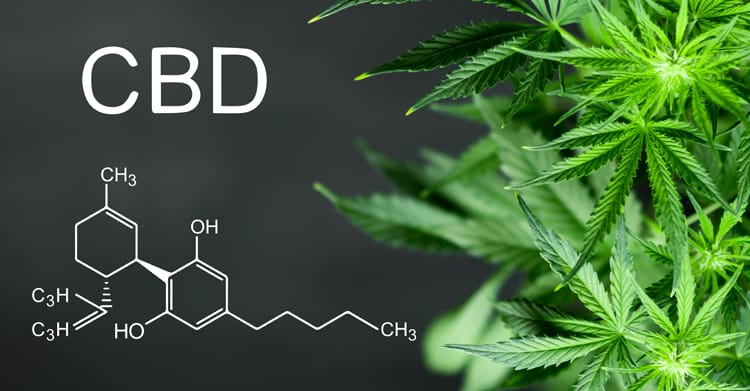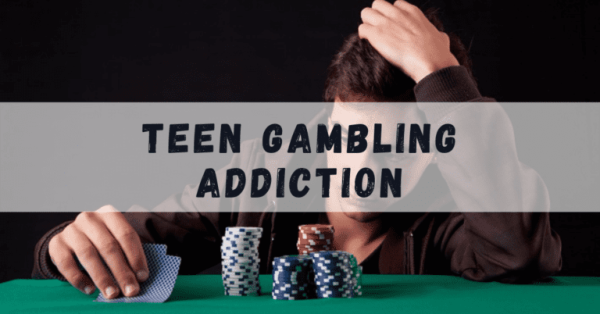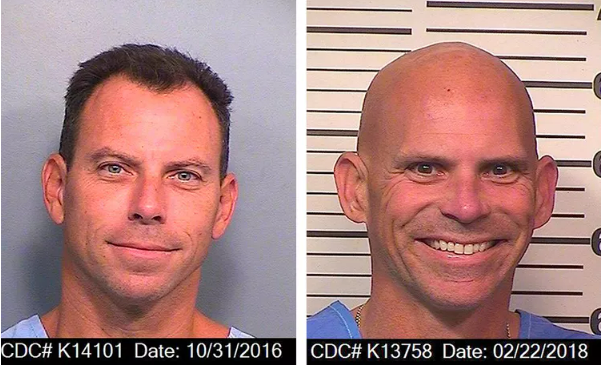Cannabis-Based CBD Becoming A Part of Everyday Life
A chemical called Cannabidiol (CBD) has recently made a grand appearance in the food and drug industry, showing up in shampoos, lattes, body oils, gummy bears, dog treats, and a vast number of other consumer products. It is being sold at a multitude of different stores including coffee shops; farmer’s markets; moms-and-pops; high end department stores, such as Barneys New York and Neiman Marcus; and the drug store chains CVS and Walgreens. But what exactly is this miracle drug? And why has it experienced a so-called “green rush”?
CBD is a naturally occurring compound from the resinous flower of the cannabis (otherwise known as marijuana), a plant that has been an integral part of human civilization for thousands of years both as a recreational substance and medicine. CBD is found in both hemp and marijuana plants, and it is closely related to THC, a compound from the same plant that is notoriously recognized for causing a high in consumers. Both CBD and THC have powerful therapeutic qualities, but the two diverge in that CBD will not make a person feel “stoned” or intoxicated. According to WebMD, the extract is being credited with helping treat a host of medical problems – everything from epileptic seizures to anxiety to inflammation to sleeplessness.
Contrary to popular belief, cannabidiol actually is psychoactive, meaning it affects the mind. Its psychoactive properties are likely responsible for its purported effects as a reliever of anxiety, inflammation, chronic pain and more. CBD is non-addictive and has few side effects, according to the World Health Organization, which has recommended lifting restrictions on the drug.
But experts say the evidence is scant for most of these advertised benefits. Another problem is that CBD is being produced without any regulation, resulting in products that vary widely in quality, claims Marcel Bonn-Miller, an adjunct assistant professor of psychology in psychiatry at the University of Pennsylvania School of Medicine.
With CBD’s “marketed” non-intoxicating and reported health benefits, it’s no wonder there has been an explosion of interest in the food and drug world. Want some CBD in your morning coffee to wake you up? Sure, no problem. A CBD-infused bath bomb to help you relax at the end of a long, stressful day? There’s a CBD company out there that can help you with that. This goes to show how many adults are currently incorporating this very chemical into their own daily lives without thinking of the potential consequences.
June 25, 2018, marked the beginning of the surge in consumer interest in all things CBD, when U.S. Food and Drug Administration (FDA) recognized cannabidiol as a real medicine by approving Epidiolex, an almost pure pharmaceutical CBD formulation, as a treatment for two severe pediatric seizure disorders, Lennox-Gastaut syndrome and Dravet syndrome.
Shortly thereafter in December, President Donald Trump signed the Farm Bill into law, which legalized the production of hemp (which has high levels of CBD). The 2018 Farm Bill said that hemp was no longer deemed an illegal substance. But the bill also explicitly stated that the FDA still had the power to regulate cannabis and its derivatives. Outgoing FDA Commissioner Scott Gottlieb said any products claiming CBD therapeutic benefits needed FDA approval for their intended use before going to market. This is because the Federal Food, Drug and Cosmetic Act, first passed in 1938, makes it illegal to sell an active ingredient either in dietary supplements or in foods that will be sold across state lines. Nevertheless, there are companies out there that are either bypassing this policy or operating in a legal gray area by placing the CBD in food and drinks.
Businesses may be willing to sell CBD despite the legal risk because the 2018 Farm Bill made it clear hemp isn’t marijuana, says Daniel Shortt, a Seattle-based attorney at Harris Bricken who specializes in cannabis law.
Despite limited research on the chemical’s health benefits, inventive cannabis companies have started putting CBD in almost everything: shampoo, protein powders, ointments, transdermal patches and gels, gum, sex lubes, lip balms, vaporizers, deodorants, rectal suppositories, sports drinks, and so much more. As a result, the country is experiencing a nationwide health-food craze as individuals flock to cafes and restaurants that sell CBD cocktails and cookies, doughnuts and dog treats. Consequently, the research firm Statista predicts that U.S. consumer sales of CBD will reach about $1.8 billion by 2022, which is a massive increase from half a billion dollars in 2018.
Celebrities have even demonstrated their support of CBD-infused products. For instance, Martha Stewart is advising a cannabis company on a line of CBD products for humans and pets, and celebrity doctors Sanjay Gupta and Mehmet Oz have both given endorsements.
At Joshua Hudson’s smoothie shop, a bohemian outpost called Twisted Smoothie in a small strip mall in Colorado, customers can add a 15 mg or 30 mg shot of CBD to their blended drinks for a few extra dollars.
“It makes everybody better,” Hudson claims. He takes CBD before important meetings and first dates to calm his nerves and anxiety. “I tell people, ‘CBD — it’s a natural Tylenol and Xanax mixed together.’”
These startling trends also reach close to home. The problem is that CBD-traced foods contain trace amounts of THC, which is illegal in Florida except for those with a medical marijuana card. However, this has not stopped local businesses from selling cannabis-incorporated dietary menu items. According to the Sun Sentinel, a Fort Lauderdale restaurant called Pizza City serves pizza slices with marinara sauce infused with 0.3 percent THC (which is within the legal limit). Even more troubling to mention is that at Foxworth Fountain in Delray Beach adults 21 and older can order ice cream floats, sundaes, and milkshakes spread with syringes of CBD oil. South Florida coupon magazines advertise for CBD vitamin stores whose customers say their products help them with pain, anxiety, inflammation, insomnia, migraines, mood, pet anxiety, and much more.
All these previously mentioned patterns in today’s modern society convey a similar encompassing theme: an overwhelming sense of cannabis domination that is only likely to prevail and become the medical norm in the approaching future.











